Blizzard’s “Community-First” Gamble: How Overwatch 2’s Swift Reversal Reveals a New Era
Popular Now
 The Legend of Zelda
The Legend of Zelda
 Minecraft
Minecraft
 Brawl Stars
Brawl Stars
 Free Fire Max
Free Fire Max
 Poppy Playtime
Poppy Playtime
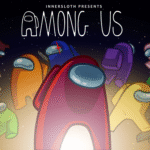 Among Us
Among Us
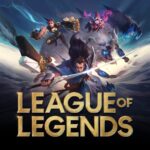 League of Legends
League of Legends
 Black Myth: Wukong
Black Myth: Wukong
 Fortnite
Fortnite
 Gacha Club
Gacha Club 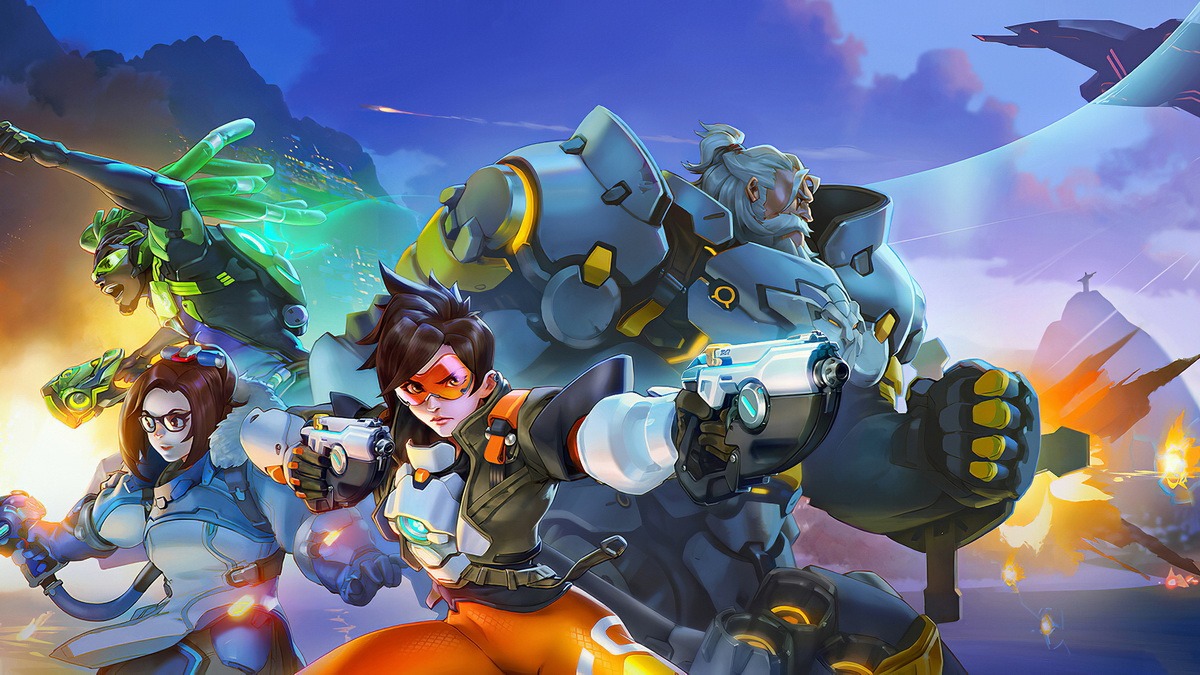 The relationship between a game developer and its community is a delicate and often turbulent one. In the fast-paced world of live-service games, every patch and every update is a public test of a studio’s vision, and the response from players can make or break a new feature. Blizzard Entertainment, a company that has faced its share of community backlash over the years, found itself in this exact situation with a recent change to Overwatch 2’s popular “Stadium” mode. Within a mere 72 hours of its release, a controversial change that removed “mirror matchups” (allowing the same heroes on both teams) was completely reversed following a massive wave of negative feedback from the player base. While some have framed this as the internet “bullying” Blizzard into submission, the studio has responded by stating its commitment to “creating new and unique features,” a declaration that points to a fundamental shift in its design philosophy.
The relationship between a game developer and its community is a delicate and often turbulent one. In the fast-paced world of live-service games, every patch and every update is a public test of a studio’s vision, and the response from players can make or break a new feature. Blizzard Entertainment, a company that has faced its share of community backlash over the years, found itself in this exact situation with a recent change to Overwatch 2’s popular “Stadium” mode. Within a mere 72 hours of its release, a controversial change that removed “mirror matchups” (allowing the same heroes on both teams) was completely reversed following a massive wave of negative feedback from the player base. While some have framed this as the internet “bullying” Blizzard into submission, the studio has responded by stating its commitment to “creating new and unique features,” a declaration that points to a fundamental shift in its design philosophy.
The change, which was implemented as part of a new MOBA-style draft system in Stadium, was met with immediate and widespread criticism. Players argued that the mode’s limited hero pool made the restriction on mirror matchups feel overly punitive and strategically shallow. The feedback on Reddit and social media was so overwhelmingly negative that it prompted a rare, rapid-fire response from game director Aaron Keller, who announced the reversal via Twitter. In his statement, Keller thanked the community for their feedback and reiterated the team’s goal to “make the game that you want to play,” while also acknowledging that “not everything is just right each time.”
 A New Strategy: Fast Experimentation, Faster Reversals
A New Strategy: Fast Experimentation, Faster Reversals
This swift action is a significant departure from Blizzard’s past practices, which often saw unpopular changes linger for weeks or even months before being addressed. The speed of this reversal demonstrates a new, more agile approach to game development. Instead of being paralyzed by the fear of failure, the Overwatch 2 team appears willing to take bold risks with new features, with the understanding that if a change doesn’t land with the community, it can be quickly rolled back. This philosophy, while seemingly simple, is a game-changer for a live-service title:
- Fostering Innovation: By accepting that not every idea will be a success, Blizzard is empowering its developers to experiment with truly unique features. This is crucial for a game like Overwatch 2, which needs constant innovation to stay fresh and competitive in a crowded market that includes new rivals like Marvel Rivals.
- Building Trust: This quick response sends a powerful message to the player base: their feedback matters. It rebuilds trust that has been eroded by past controversies, such as the cancellation of the much-hyped PvE content. When players feel heard and respected, they are more likely to engage with new content and provide constructive feedback instead of simply boycotting the game.
- A Culture of Flexibility: The move signals a shift away from stubborn, rigid design principles and towards a more flexible, community-driven approach. It allows the developers to “fail fast,” learn from their mistakes, and iterate on a more responsive schedule. This is a healthier long-term model for the game and its community.
While the initial implementation of the mirror matchup ban was a misstep, Blizzard’s subsequent handling of the situation is a win for both the company and its players. It proves that the team is willing to listen to a unified community, and it sets a new precedent for how live-service games can be developed in a transparent and collaborative manner. As Overwatch 2 continues to evolve, this new “experiment and listen” strategy could be the key to reclaiming its place as a leader in the hero-shooter genre, proving that sometimes, the best way forward is to admit a mistake and hit the undo button.





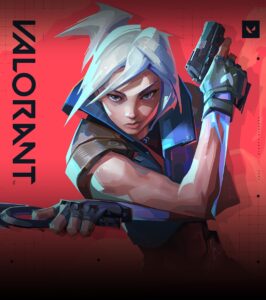



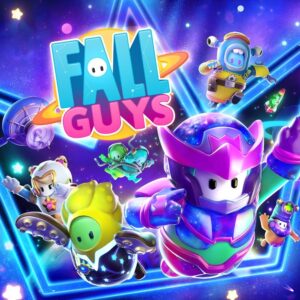
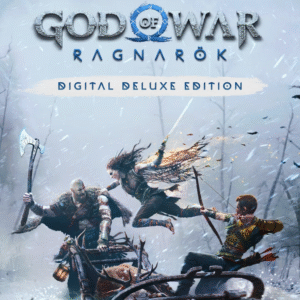
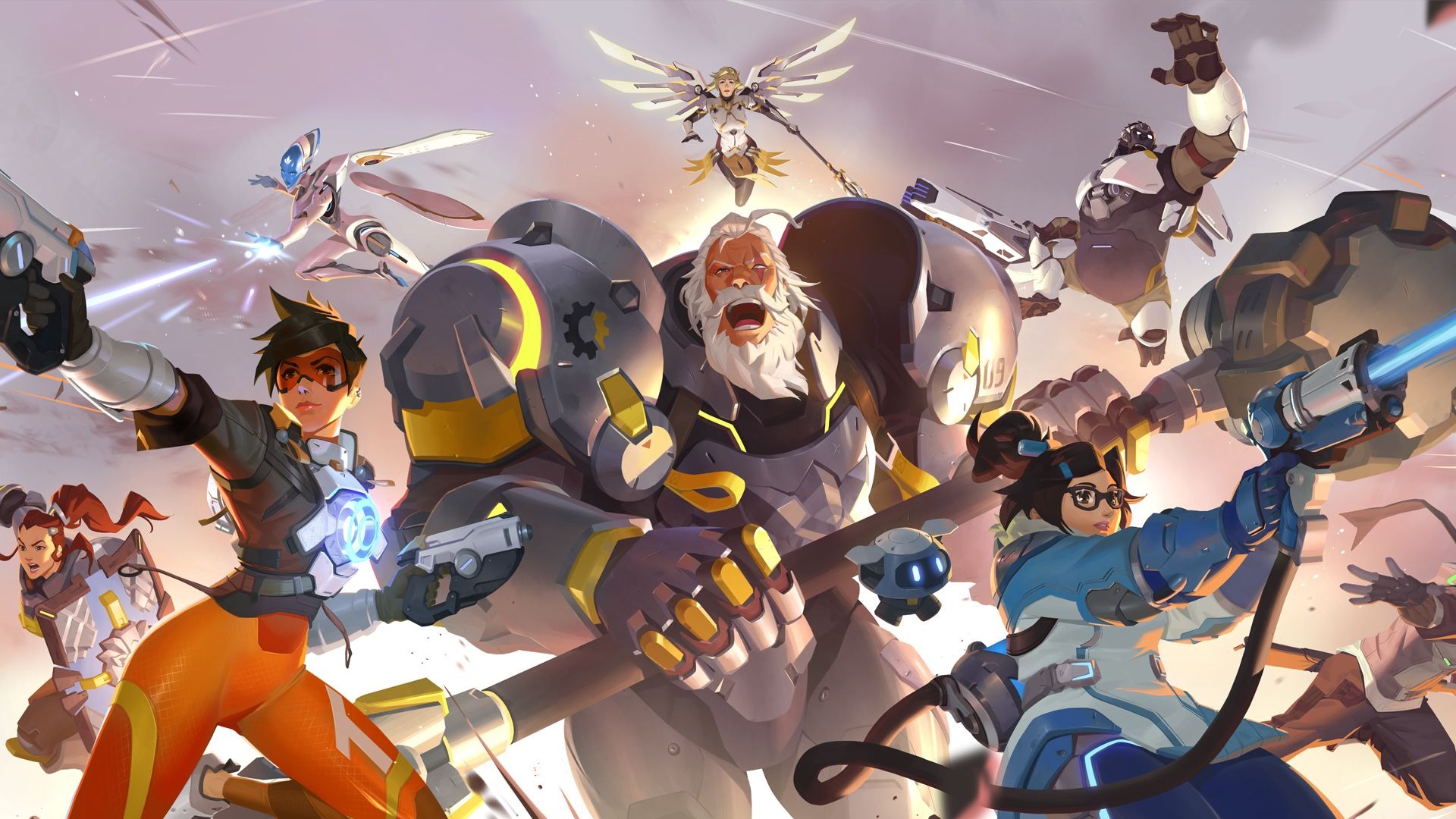 A New Strategy: Fast Experimentation, Faster Reversals
A New Strategy: Fast Experimentation, Faster Reversals